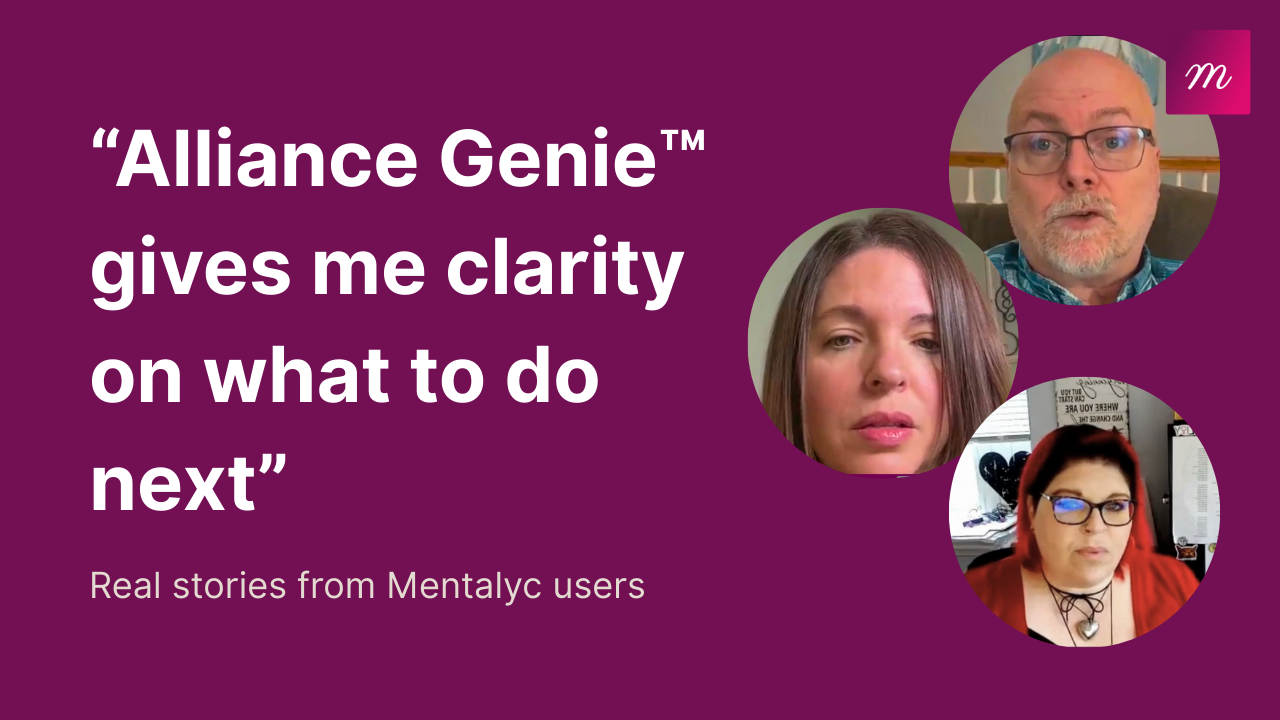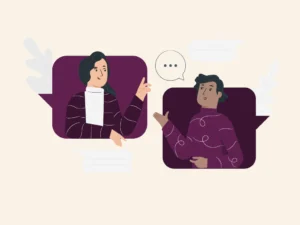Confidentiality is one of the most essential elements in the practice of counseling, serving as both a legal obligation and an ethical commitment. At its core, confidentiality ensures that personal information shared by clients during therapy sessions is not disclosed without their consent. This principle not only protects the privacy of individuals but also creates a safe and trustworthy space that allows for authentic expression and healing. In an era where data privacy and mental health awareness are at the forefront of societal discourse, the significance of confidentiality in therapeutic settings has never been more pronounced. This article explores the many facets of confidentiality in counseling, from its foundational importance to its nuanced boundaries and implementation.
Why Is Confidentiality in Counseling Important?
Confidentiality is the bedrock upon which the counseling relationship is built. Without the assurance that what is said in therapy stays in therapy, many clients would feel reluctant to open up about their most personal struggles, fears, and traumas. This trust allows for emotional honesty, which is critical for effective therapeutic intervention. Confidentiality also reinforces the power dynamic in favor of the client, assuring them that their vulnerability will not be used against them or exposed. Beyond this, maintaining confidentiality is essential to uphold the integrity of the counseling profession itself. Ethical codes set by professional bodies like the American Counseling Association (ACA) or the British Association for Counseling and Psychotherapy (BACP) emphasize confidentiality as a non-negotiable principle, reinforcing its importance for practitioners and clients alike.
Legal and Ethical Foundations of Confidentiality
Confidentiality in counseling is supported by both legal statutes and ethical guidelines. Laws regarding confidentiality vary by country and state but generally require counsellors to protect client information unless a specific exception applies, such as risk of harm or a court subpoena. Ethically, counsellors are bound to maintain confidentiality except in clearly defined circumstances. Professional organizations often provide detailed frameworks for practitioners to follow, including informed consent procedures and documentation protocols. The legal and ethical foundations work in tandem to create a structured yet compassionate environment where client welfare and public safety are balanced appropriately.
How to Maintain Confidentiality in Counseling
Maintaining confidentiality involves several practical and procedural steps that therapists must adhere to consistently. First and foremost is obtaining informed consent—clients should be made aware of their rights, the limits of confidentiality, and what to expect from the therapeutic process. Counselors must also ensure that session notes, recordings, and any personal data are securely stored, often using encrypted digital systems or locked physical storage. Conversations about clients outside of therapy—whether in supervision or administrative contexts—should be de-identified and shared only with authorized individuals. Even the setting matters: ensuring soundproofing and privacy during sessions helps prevent accidental breaches (Amos et al., 2022.) Regular training and supervision further reinforce best practices in upholding confidentiality.
Confidentiality Boundaries in Counseling
While confidentiality is critical, it is not absolute. Boundaries exist to protect both the client and the public. Most ethical guidelines include exceptions where disclosure is necessary: if a client poses an immediate threat to themselves or others, if there is suspected abuse of a minor or vulnerable adult, or if legal proceedings require disclosure. Additionally, clients may give explicit consent for certain information to be shared—for example, with a physician or family member involved in their care. These boundaries must be clearly communicated at the outset of therapy and revisited as needed. Setting these expectations early helps avoid misunderstandings and preserves trust, even in challenging situations.
Informed Consent and Client Awareness
Effective confidentiality begins with transparency, which is achieved through the process of informed consent. At the beginning of therapy, clients should be clearly informed about what confidentiality entails, its limitations, and the procedures that will be followed in case an exception arises. This conversation should be documented and ideally presented in both verbal and written formats. Informed consent empowers clients to make decisions about their care and to understand the protections they have within the counseling relationship. This foundation of awareness enables clients to engage more fully in therapy, knowing that their rights are being respected (Agostino and Toulany, 2023.)
Confidentiality in Group Counseling and Family Therapy
Confidentiality becomes more complex in group counseling or family therapy, where multiple individuals are involved. While the therapist is bound by confidentiality, group members or family participants are not legally obligated to maintain privacy. It becomes essential for the therapist to set clear group agreements and boundaries, encouraging mutual respect and discretion among participants. Practitioners should emphasize the importance of confidentiality within the group while acknowledging that it cannot be guaranteed. Therapists must also navigate requests for individual privacy within group settings, which can pose ethical dilemmas and require nuanced handling (McLean et al., 2021.)
Confidentiality and Digital Counseling (Teletherapy)
With the rise of teletherapy and digital mental health platforms, confidentiality faces new challenges and considerations. Encryption, secure platforms, and HIPAA-compliant software are crucial in maintaining client privacy. Therapists must also consider environmental factors on both ends—ensuring they are in a private space during sessions and advising clients to do the same. Clear communication about technology use, data storage, and potential risks must be part of the intake process. Despite the digital medium, the therapist’s obligation to maintain confidentiality remains unchanged, and adapting to these technological shifts is vital for ethical practice.
Consequences of Breaching Confidentiality
Breach of confidentiality can have serious consequences for both clients and practitioners. For clients, a breach can lead to emotional distress, loss of trust, social stigma, and even legal complications. For therapists, breaches can result in loss of licensure, legal action, and damage to professional reputation. Even unintentional breaches—such as leaving notes in a public space or discussing a case too openly—can undermine the therapeutic relationship. Therapists must take proactive measures to minimize risks and be prepared with a clear response plan in the event of a breach, including timely disclosure to the client and consultation with supervisors or legal counsel (Ligtenberg, Molewijk and Stolper, 2024.)
Examples of Maintaining Confidentiality
I store client notes in a HIPAA-compliant electronic health record system with multi-factor authentication and encryption. For any paper documentation, I keep it locked in a secure cabinet in my office. I don’t leave files open or accessible when I’m away from my desk. My clients trust me with deeply personal information, and I want them to know I treat that trust with care. Protecting their records is one of the most concrete ways I demonstrate respect for their privacy.
During the intake process, I explain the limits of confidentiality—like if someone is at risk of harm or there’s a legal mandate. Clients sign a consent form, but I also revisit these conversations whenever they’re relevant down the road. This is called informed consent, and it involves having hard conversations at times but it improves the trust and relationship. People open up more when they understand their rights. Clear, early communication helps my clients feel safer and more in control.
When I consult with colleagues or supervisors, I don’t use names or share identifying information. If I ever feel a case requires specifics, I ask for written permission from the client. Supervision helps me be a better therapist, but it should never come at the cost of my client’s privacy. I want clients to know their stories aren’t being passed around without care.
If I’m teaching or writing about therapy, I never use real names or details that could identify a client. Sometimes I create composite examples, and if there’s ever a risk of recognition, I ask for explicit permission first. Even when I’m proud of a client’s progress, I don’t have the right to tell their story without consent. Their healing journey belongs to them, not to my professional reputation.
Takeaway
Confidentiality in counseling is not simply a rule—it’s a profound commitment to the dignity, safety, and trust of every client. It allows for genuine therapeutic work to unfold, rooted in the knowledge that one’s most vulnerable truths are protected. While it involves complex legal, ethical, and logistical dimensions, the essence of confidentiality remains constant: to serve the best interest of the client while honoring professional responsibilities. By understanding its importance, maintaining its practice, and respecting its boundaries, therapists create the conditions necessary for healing, growth, and meaningful human connection. As counseling continues to evolve in a changing world, confidentiality remains its unshakable foundation.
References
Amos, P. M., Adade, J. R. D., & Duodu, A. A. (2022). Online counseling: Perceptions of counselors, counselor educators and trainees. Journal of Asia Pacific Counseling, 12(1), 37-59.
Agostino, H., & Toulany, A. (2023). Considerations for privacy and confidentiality in adolescent health care service delivery. Paediatrics & child health, 28(3), 172-177.
McLean, S. A., Booth, A. T., Schnabel, A., Wright, B. J., Painter, F. L., & McIntosh, J. E. (2021). Exploring the efficacy of telehealth for family therapy through systematic, meta-analytic, and qualitative evidence. Clinical Child and Family Psychology Review, 24, 244-266.
Ligtenberg, W. M. R., Molewijk, A. C., & Stolper, M. M. (2024). An empirical investigation into moral challenges of (breaching) confidentiality and needs for ethics support when facilitating moral case deliberation. International Journal of Ethics Education, 9(1), 79-104.
Why other mental health professionals love Mentalyc

“Using Alliance Genie has really improved my notes … It tells me what I’m doing and gives me an approach of what’s next.”

“Reading transcripts helps me tighten up and come across more the way I want to present myself to clients … it’s helped me improve and keep getting better.”
Licensed Marriage and Family Therapist

“It keeps me on a level of assessment about the relationship that has a little bit more objectivity. It helps keep me grounded.”
LPC

“There is a lot more feedback and suggestions in it than before … that makes things a little bit easier for me.”






